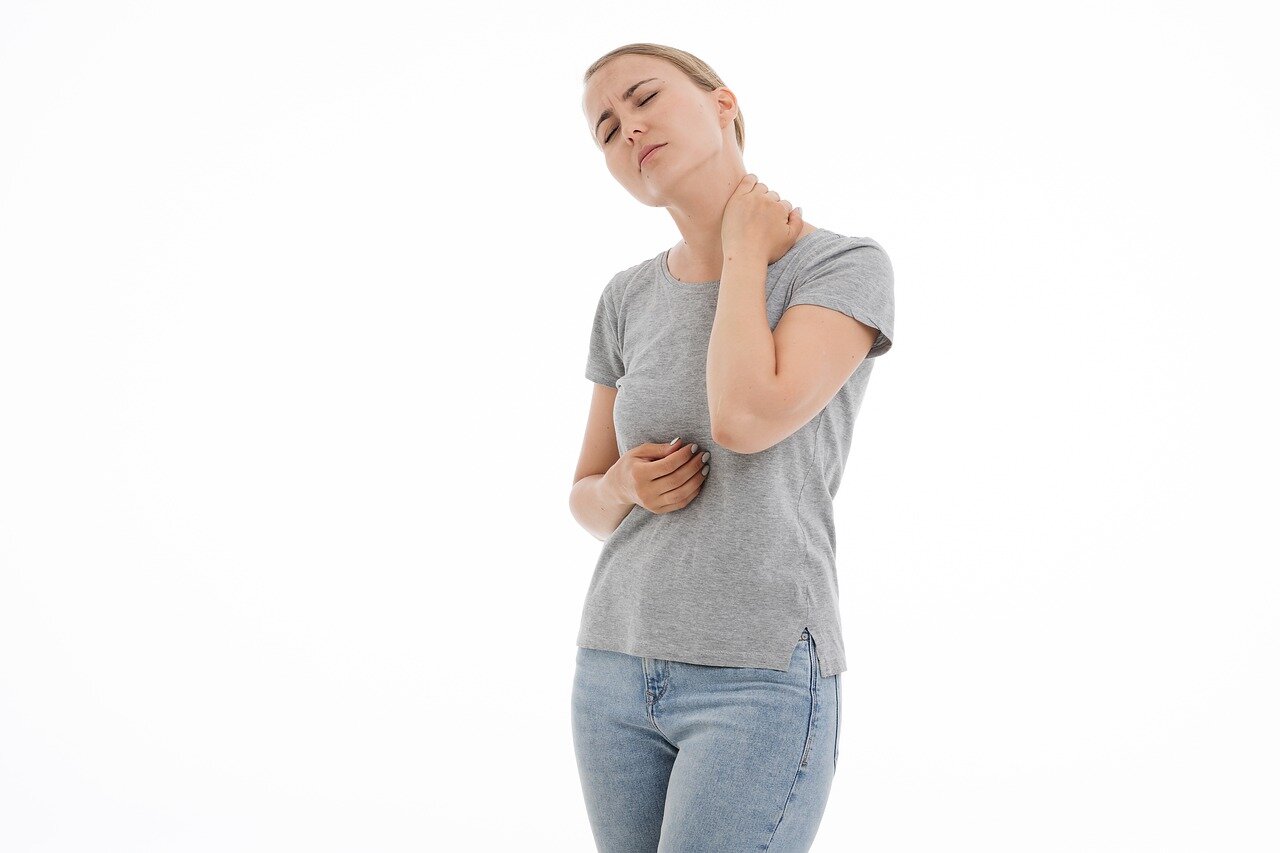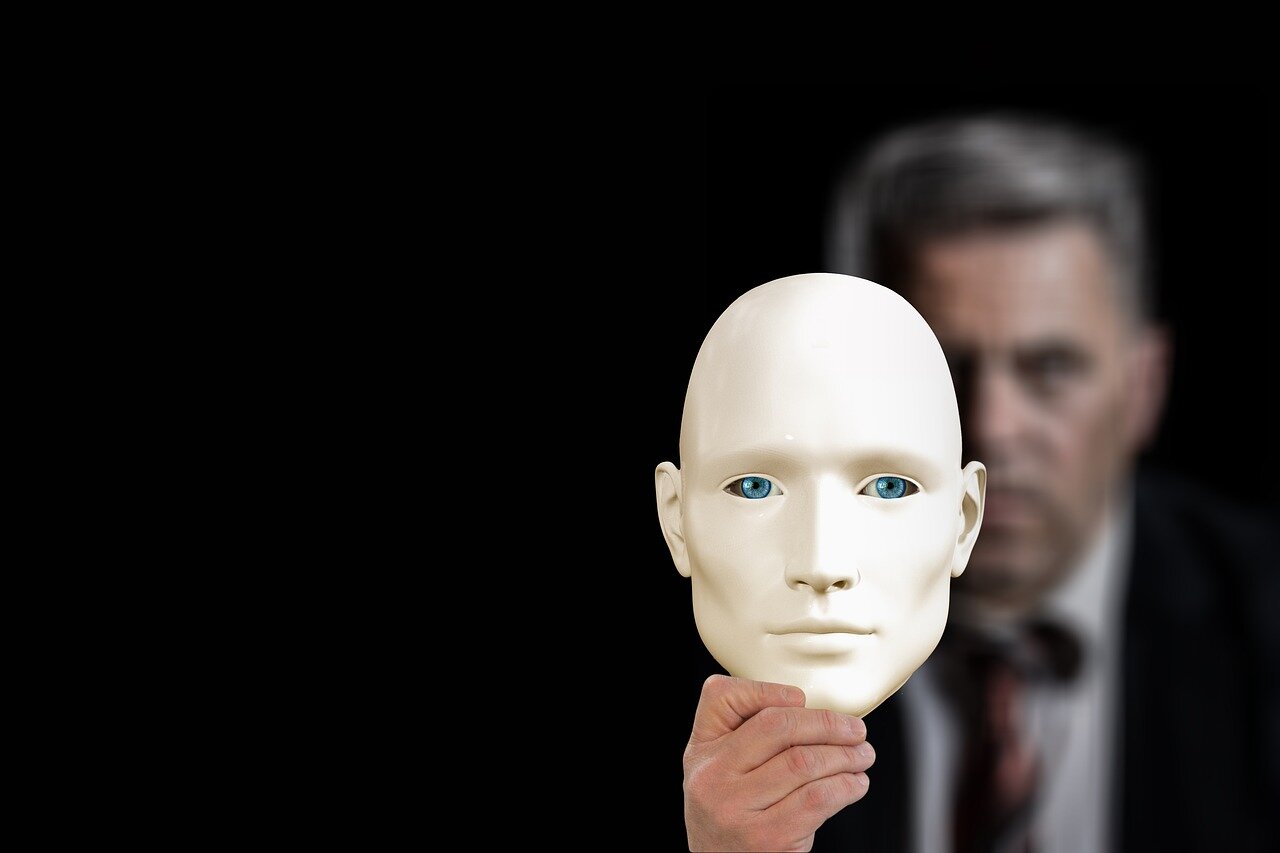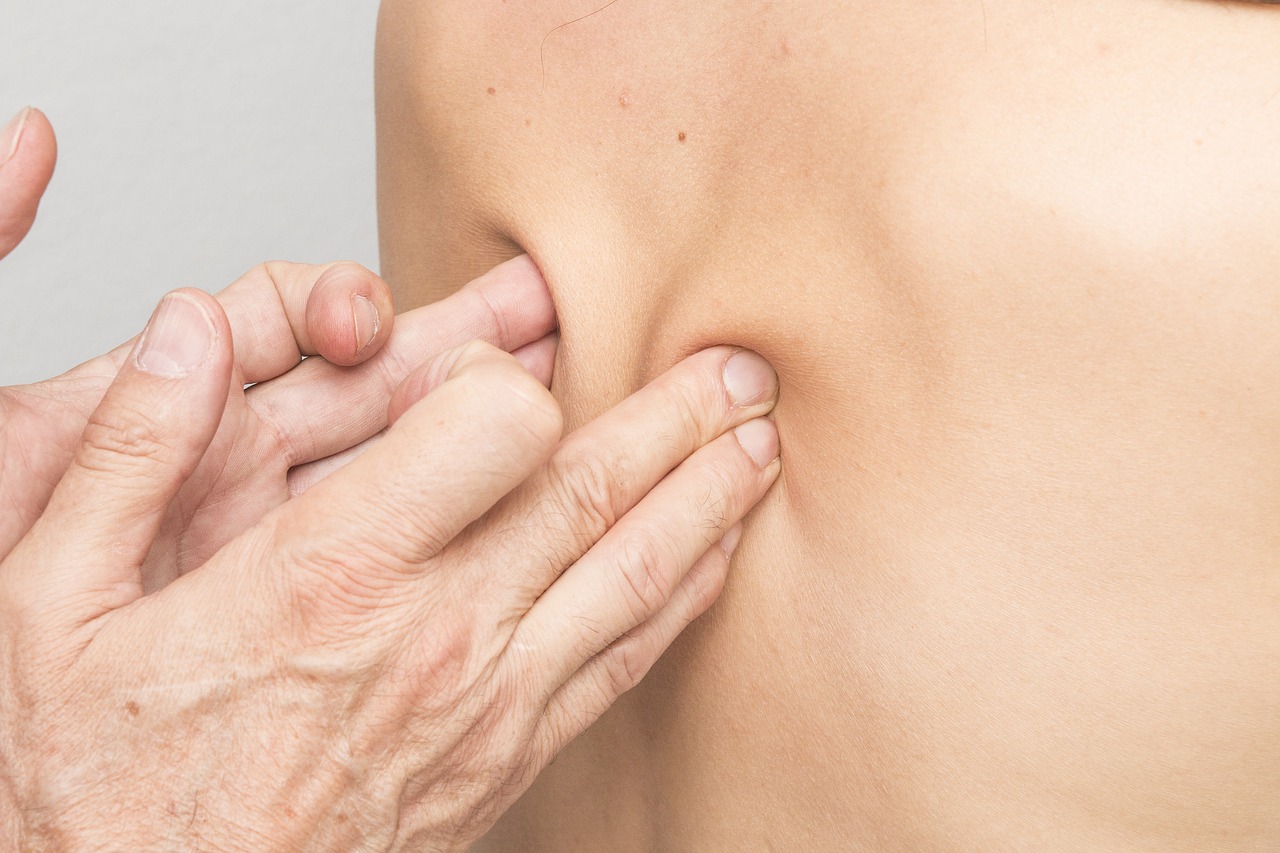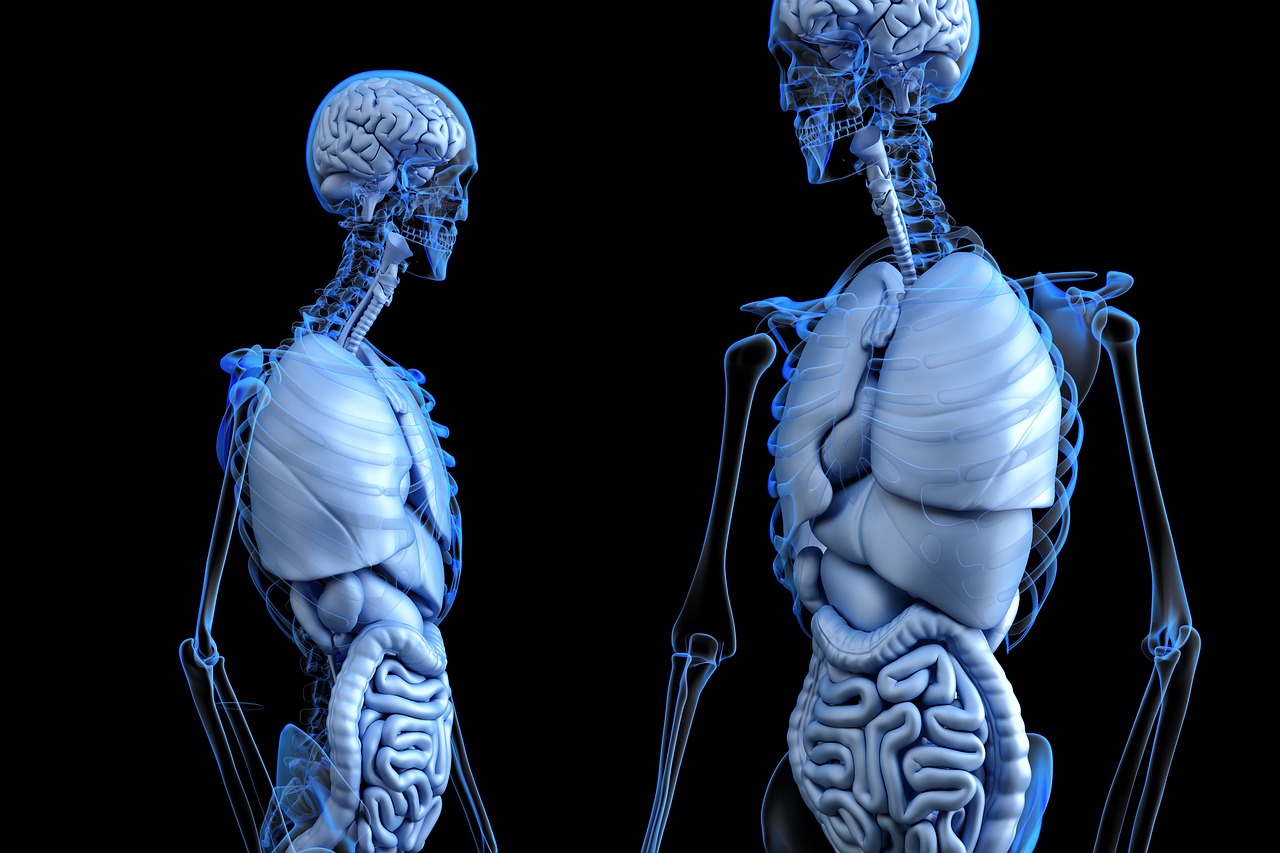In this article, we consider the role of sleep on PD symptoms. I believe that getting good sleep is absolutely foundational, on which all other progressive symptom reduction strategies rest. Indeed, Florencia Cerruti, author of Rebirth at 50: in the end it was not The End, points out that poor sleep, along with stress, is to people with PD like Kryptonite is to Superman. Unfortunately, sleep problems are extremely common with PD.
Read MoreCell Danger Response and Parkinson's Disease
The Cell Danger Response (CDR) provides an explanation and framework of understanding for chronic illnesses, including Idiopathic Parkinson’s Disease. According to this framework, the CDR occurs when a cell in the body detects a threat to its existence or that it is in some sort of mortal danger. When a cell thus loses its sense of safety, it moves via the CDR from contributing to the health and vitality of the body towards an “on guard” state of self-perseveration, and then alerts other cells to the danger by releasing chemicals, which can, in turn, set off their CDR, potentially leading to domino or cascade effect. If the threat is maintained long enough, eventually the CDR results in the cell going into a shut-down or hibernatory state, to wait it out until the danger has passed. When enough cells in the body get stuck in a Cell Danger Response, some from of chronic illness ensues.
Read MoreEating Habits and Parkinson's Disease
This continues a series of posts which reframe major aspects of Parkinson’s Disease as habitual behaviours rather than symptoms. These are features of the condition which can be addressed and changed over time in order to assist with progressive symptom reduction. In this article, we consider eating and PD, but while there is a lot of literature on diets and supplements relevant to the condition, here we consider that the how and when we eat may be just as important or even more so than what we eat.
Read MoreBreathing Disorders and Parkinson's Disease
Some of the common “symptoms” of Parkinson’s Disease could be reframed as behavioural patterns contributing to overall symptomology, but which can be ameliorated through appropriate retraining to help with progressive symptom reduction. Examples of such retrainable “habits” include issues with posture, mindset and breathing. These patterns tend to impact each other, for example habitual mouth breathing can result in the forward head position common in PD. People with PD will often see in hindsight that, once identified, these problematic habits were apparent years before diagnosis. In this article, we specifically consider how unhealthy, but fixable, breathing patterns could be an exacerbating factor in PD. We will cover how poor breathing interacts with, and may even be causal of, many other symptoms, and explore what we can do to improve our quality of life by taking action to retrain our breath.
Read MoreThe Neck and Parkinson's Disease, Part 1
Even slight damage or stiffening up of the neck can cause constrictions or interruptions of important electrical and chemical flows. For oxygen and nutrients that enter through the mouth or nose, it is double jeopardy, as they have to pass through the bottle-neck twice, down into the lungs or to the gut, and back up again to get the brain. The neck is therefore a primary attention site for progressive symptom reduction strategies. In this article, we look at aspects of the neck and consider what we can do to improve our lot.
Read MoreDiaphragmatic Breathing and Parkinson's Disease
In this article, I will make the case that patterns of unhealthy breathing are among the most vital target areas for progressive reduction of the symptoms of Parkinson’s Disease. Breathing dysfunctions are prevalent in people with PD, such as chronic mouth breathing, but, in particular, shallow breathing from the chest and neck, with very little movement of the diaphragm, which has become spasmodic, rigid and stiff. These breathing patterns often precede diagnosis by years or may even be life-long habits, and therefore could have a more causal role, rather than just being an effect of developing the disease. Conversely, if a chemical cure was invented tomorrow, which alleviated the main symptoms, it is very unlikely to fix the unhealthy breathing habits, and so associated chronic health issues are likely to re-emerge. The positive message is that this can be worked on and repaired over time even with PD, and that long term strategies to improve the situation could help reduce symptoms and disease progression, and improve quality of life.
Read MoreFeeling Safe and Parkinson's Disease
This article seeks to convey pragmatic and applicable knowledge of the human nervous system to people affected by Parkinson’s Disease and those involved in providing healthcare and caregiving, as well as to try to summarize for myself my own current understandings of these concepts. In particular, we explore the role of people, attitudes and relationships in the lived experience of people with PD.
Read MoreBrain Healing and Parkinson's Disease
Here are annotated excerpts from the book, on the stages of neuroplastic healing - according to Dr Doidge, this works by modulating or downregulating the abnormal and noisy brain wave activity which occurs in nervous system dysregulations, that are either blocking clear movement and sensory signals or are over-exciting pain responses. It is worth noting that such “noisy brain” problems have been identified as a key element of Parkinson’s Disease.
Read MoreAthletics Training and Competitive Sport with Parkinson's Disease
Fascia (Connective Tissue) and Parkinson's Disease
We discover that fascia is essentially the connective tissue which is found throughout our body, wrapping muscles and organs, nerves and bones. This connective tissue is incredibly important and has profound and primary roles in our biological system, health and wellness. This is an “emerging” field in medicine, but has been known about and worked with in other disciplines for a very long time.
Read MoreYoga Nidra Guided Meditation and Parkinson's Disease
I have now been practising Yoga Nidra guided meditations for around 3 months at the time of writing this, daily each morning. I definitely have seen cumulative benefits for progressive reduction of my Parkinson's Disease symptoms over that time, including much reduced anxiety, pain, less really bad days. However, in particular, I’ve noted increased effectiveness of dopamine replacement drugs, longer "on" periods, as well as improved sleep. Indeed, I personally believe that the practice does indeed boost my dopamine levels, because when I take a dose of my PD meds after or during a Yoga Nidra session, it is much more likely that that dose will actually work to turn my movement back on, and it can take as little as 15-20 minutes for the drug to kick in (this is very short time for me, about 50% less time needed than usual.
Read MoreThe Past, Persistence and Parkinson's Disease
By Stefania Lungu, contributing author and person with Parkinson’s Disease.
“I am 66 years old and this is my story. I strongly believe that almost all major illnesses have deep roots in some traumas/shocks we have at certain moments of our lives, which we were not able to “digest”. All my emotional traumas are related to members of my family. My first shock was back in 1994, when I was alone with a little child to raise. Knock-knock, depression installed itself immediately and I was not able to recognize it and give it a proper treatment. I was very angry, and afraid that I would not be able to cope with all my problems. Yet, in all the critical moments of my life, I received from seemingly nowhere some help from ”above”, and somehow I managed to solve step by step the problems which arose, even when I remained jobless in 2000, and by miracle an old tennis friend helped me to find a new job in a bank, that help restore confidence in myself.”
Read MoreThe Cranial Nerves and Parkinson's Disease
I am currently researching the Cranial Nerves and their functions. My interest in this area was piqued because many of the major and common symptoms of Parkinson's Disease are not properly explained by just the "death of dopamine producing cells in the Substantia Nigra" scenario. However, I do believe that the atrophy of the Cranial Nerves in people with Parkinson's (PwP) does very straightforwardly explain most of the main secondary symptoms, and in a very common sense way.
Read MoreMy Hospitalization with Parkinson's Disease
When the ambulance arrived, the paramedics were sympathetic and could immediately see I was indeed in a terrible state. They agreed things were so bad that I needed to go Accident & Emergency (A&E, the equivalent of the ER in North America) with them immediately.
Read MorePhenylalanine, Tyrosine, L-Dopa, Dopamine and Parkinson's Disease
For those of us who spend a lot of time in the Dorsal Vagus Nerve activated freeze/immobilization/death feigning stress response, a number of otherwise vital biochemical reactions in our brains and bodies can go awry. We may stop producing healthy levels of particular enzymes, peptides, hormones and neurotransmitters, or make too much of these, or else stop being able to remove toxic by-products, that are necessarily created as part of the chemical steps in the creation and degradation of these substances, fast enough.
Read MoreHand-Held Accessories and Hand-Eye Co-ordination in Movement Therapies for Parkinson's Disease
An early discovery in pursuing whole-body movement as the principle therapy for increasing my range of motion, re-connecting body and mind, and integrating Primitive Reflexes, was the importance of holding something in my hands as part and parcel of the therapy, thereby enhancing the Applied Neuroplasticity and Somatic Experiencing benefits of movement.
Read MoreBalloon Based Play Therapy for Parkinson's Disease
Playing with balloons helped me re-discover much more slow, fluid and graceful movement. I believe that this type of controlled movement exercise could be very beneficial - even more so than playing with balls.
Read MoreLight Therapy and Parkinson's Disease
The purposes of this article, which I will endeavour to keep updated, is to act as a central resource of information on light therapy and its applications to Parkinson's Disease.
Read MoreThe Divided Brain and Parkinson's Disease, Part 2
In this sequel, we examine more closely the issues that an imbalanced brain function causes, in particular when the left brain is overly dominant, and show that there are strong correlations with the major motor and non-motor symptoms and real lives of people with Parkinson’s Disease. We will also explore links to Dorsal Vagus Nerve mediated immobilization.
Read MoreThe Dorsal Vagus Nerve and Parkinson's Disease
In this article, I would like to return to this topic, and concentrate this time on that primitive, reptilian branch of the Vagus Nerve, and its potentially central role in Parkinson's Disease.
Read More


















